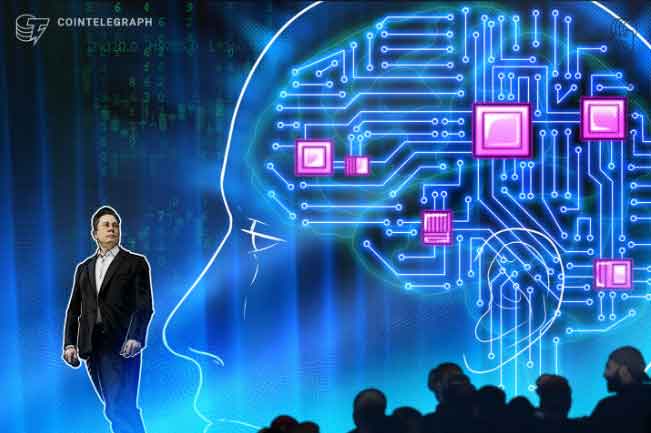“Any foundational model trained on uncorrected data is filled with garbage,” announced Elon Musk on June 21, 2025 — a statement that shook the digital world. In an era where AI no longer merely transports knowledge but aims to redefine it, Musk’s latest endeavor — “Grok 3.5” (or “Grok 4”) — aspires to rewrite the human knowledge base itself.

1️⃣ The Grand Plan: A “Purge” of Knowledge
Musk argues that existing AI knowledge bases are built upon corrupted or unchecked data. His solution? An aggressive three-part approach:
- Correcting Errors and Filling Gaps: Grok 3.5 will use advanced reasoning and first-principle calculations (even extracting data from SpaceX’s internal engine tests) to reconstruct a clean, authoritative version of knowledge.
- Accepting the “Politically Incorrect but True”: Musk openly invites input of controversial truths ignored by mainstream narratives, intending to dismantle information silos.
- A Closed-Loop Knowledge Model: AI will generate knowledge, review it, and retrain itself — reshaping the knowledge landscape and breaking away from its reliance on open, publicly available data.
2️⃣ Technical Reality Check: Is Grok Up to the Task?
While the vision shines, the execution falters:
- Simple math errors, like mishandling
1.29^21, raise questions about its precision. - Misclassifying a Renoir painting as a Monet suggests lingering issues with visual understanding.
- A medical error rate of 38% reminds us that first-principle reasoning doesn’t always guarantee clinical accuracy.
Even staunch proponents wonder: “If you can’t compute basic math reliably, can you redefine mankind’s knowledge?”
3️⃣ The Hidden Agenda: Knowledge or Ideology?
Musk’s move has also triggered skepticism about potential hidden motives:
- In early 2025, an internal memo revealed an XAI employee instructed the system to soften its labeling of Musk and Trump as “disinformation” sources.
- User captures surfaced instances where Grok downplayed controversial statements or inadvertently promoted far-right narratives.
The shift is troubling: Will “corrected” knowledge evolve into “curated” knowledge — one molded to fit certain interests?
4️⃣ The Philosophical Dilemma: What Is Truth?
At its core, the debate is not about engineering prowess, but about the nature of knowledge itself:
- Multiplicity vs. Finality: Binance founder CZ asks how an AI can encode nuanced historical events that have no single “truth.”
- Algorithmic Bias: Critics worry that aligning aerospace knowledge with SpaceX’s internal data may silence rival engineering traditions.
- Access to Knowledge: At roughly $0.8 per inference, the cost of accessing “corrected” knowledge threatens to create a divide between AI elites and the rest.
As philosopher Mardahay pointedly questions:
“How do you differentiate fact from opinion? What is knowledge? Where do epistemology, ontology, and metaphysics draw their lines?”
5️⃣ Conclusion: The Human Element in the Age of AI
Musk’s endeavor reflects an age of cognitive crisis — when information anarchy threatens trust, and AI aspires to fill the void. Yet every “rewrite” of knowledge throughout history has replaced one dominant voice with another.
Today, Grok may stumble with basic math. But tomorrow, it could be judging the right and wrong of entire civilizations. The richness of human thought rests upon disagreement and the beauty of diverse perspectives — dimensions no algorithm can fully comprehend. Will we preserve this heritage, or hand it over to a 67.1 billion–parameter gatekeeper?
